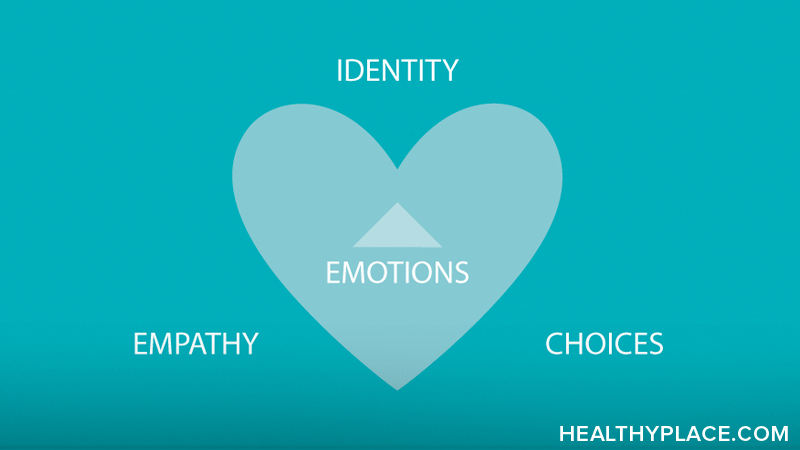How Could Emotionally Focused Therapy Help My Family?

Emotionally focused therapy (EFT) is a short-term, structured approach to psychotherapy that's grounded in attachment theory. It was developed in the 1980s to help solve negative communication patterns in relationships and endorse the concept of love as an attachment bond.
EFT is now considered one of the most effective forms of therapy for couples and families, and it can be used in many different settings and situations. The success of emotionally-focused therapy has been backed up by science, with improvements in relationships reported in 90% of cases. So could EFT work for you?
What Is Emotionally Focused Therapy?
So, what is emotionally focused therapy? EFT is grounded in attachment theory: a term coined by Bowlby in the 1930s as a result of his studies into the developmental psychology of children and their familial backgrounds. Attachment theory promotes that strong emotional and physical attachment to our primary caregivers is critical to personal development, both in childhood and later life. The approach focuses on the emotional bonds between people and how they create lasting effects on our lives.
In family therapy, the theory of attachment is applied through a technique called "attachment bonding." The EFT therapist will examine patterns in the relationships between family members to try and create more secure bonds and promote trust. The aim is that all parties will move in a healthier, more positive direction.
The Stages of Emotionally Focused Therapy for Families
There are three main stages in EFT:
De-escalation: the therapist helps to de-escalate conflict and encourages each member of the family to understand what is happening in their interactions and relationships.
Restructuring interactions: here, the therapist helps the patients discuss the fears and insecurities in their relationship by using language that doesn't escalate the conflict or push others away. Family members learn to discuss their needs openly and lovingly.
Consolidation: this is where the therapist helps the patients see where their negative patterns arose from and how they were able to change them. Family members will also learn how to avoid conflict and foster openness and responsiveness in the future.
Could Emotionally Focused Therapy Help Your Family?
Emotionally focused therapy can benefit families in which one or more people are dealing with issues such as lack of trust, anger, fear or betrayal. It can be applied when one or more family members are chronically or terminally ill, or when a family is separating. EFT can also help individuals deal with the effects of depression and trauma as a result of family conflict.
Can Emotionally Focused Therapy Work for Couples?
Emotionally focused therapy for couples in conflict can also be effective. Relationships in which one or both partners suffer a mental health ailment, such as addiction or depression, may also reap benefits.
EFT can also be applied in situations where one or both partners has been unfaithful or is dealing with past or present trauma. Emotionally focused therapy helps to foster secure, resilient individuals who are also able to form healthy attachments to their partners.
Emotionally focused therapy encourages healthy dependency in relationships – whether these relationships are romantic or family-based. It teaches patients to create secure attachment bonds and is supported by extensive research. If you think your family or relationship could benefit from this kind of intervention, ask your doctor for a referral to an EFT trained therapist.
APA Reference
Smith, E.
(2019, August 19). How Could Emotionally Focused Therapy Help My Family?, HealthyPlace. Retrieved
on 2026, January 21 from https://www.healthyplace.com/other-info/mental-illness-overview/how-could-emotionally-focused-therapy-help-my-family



